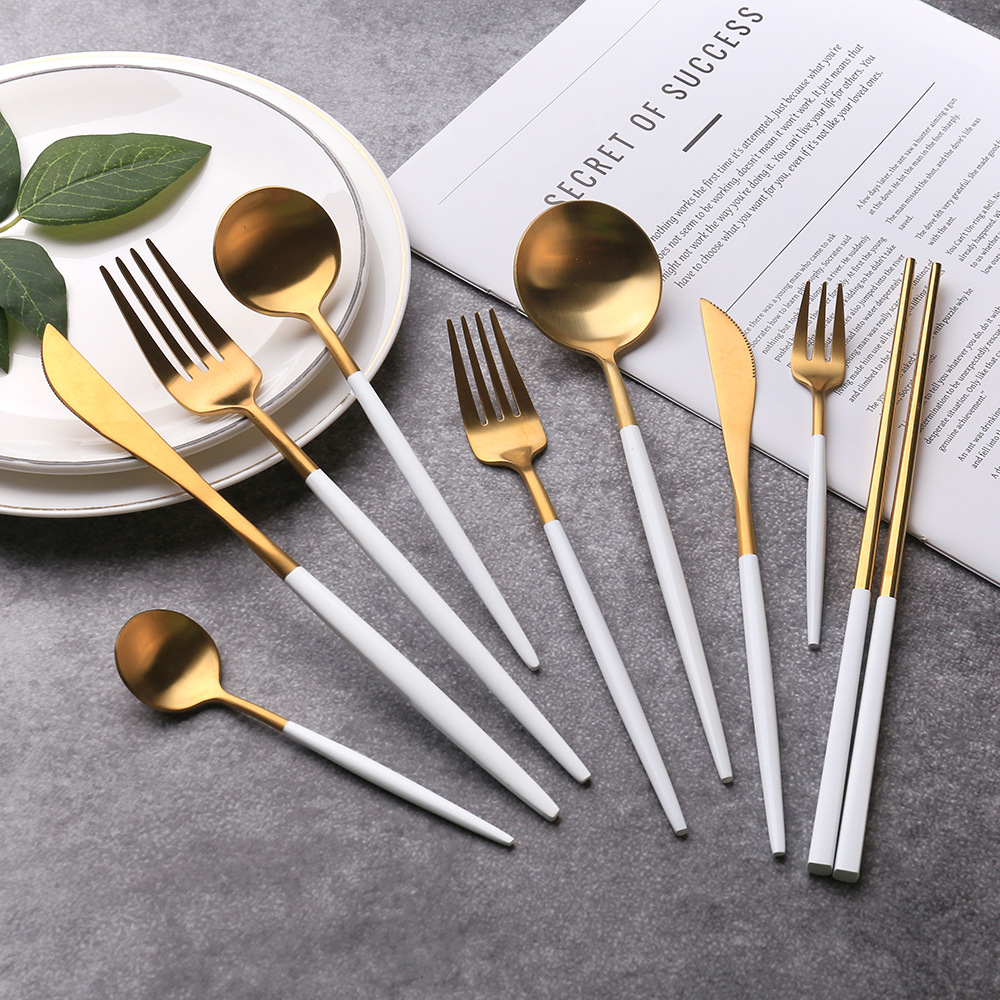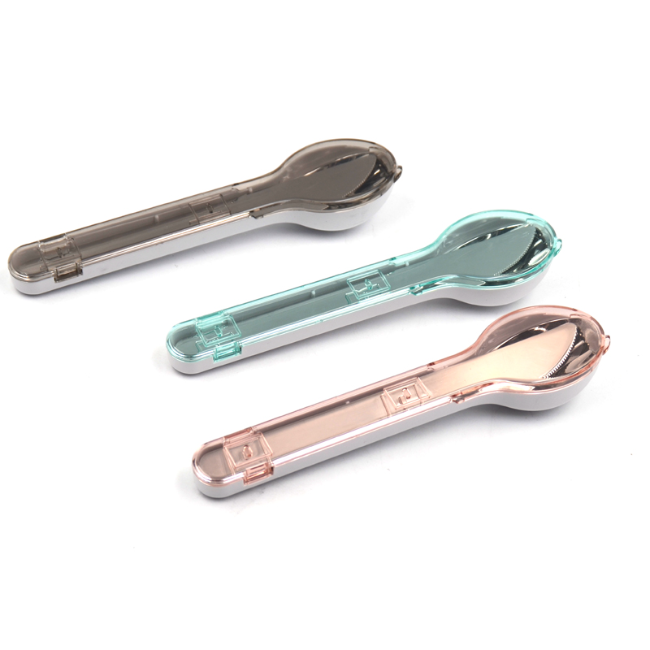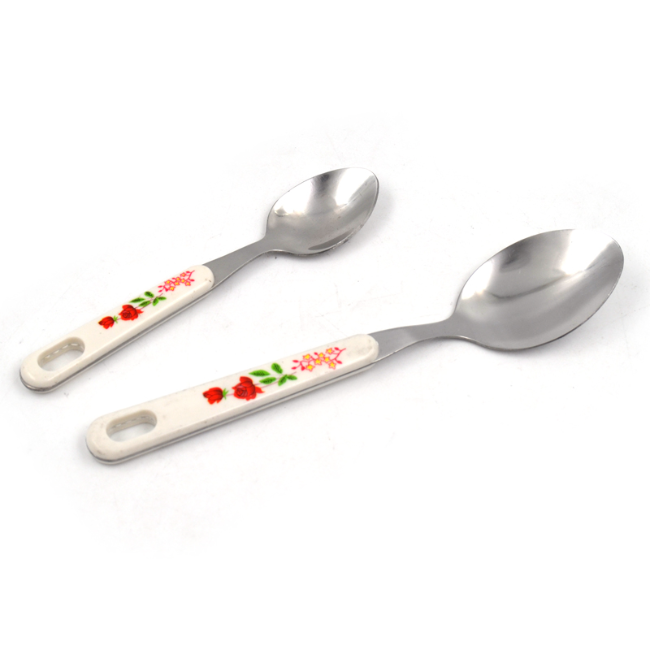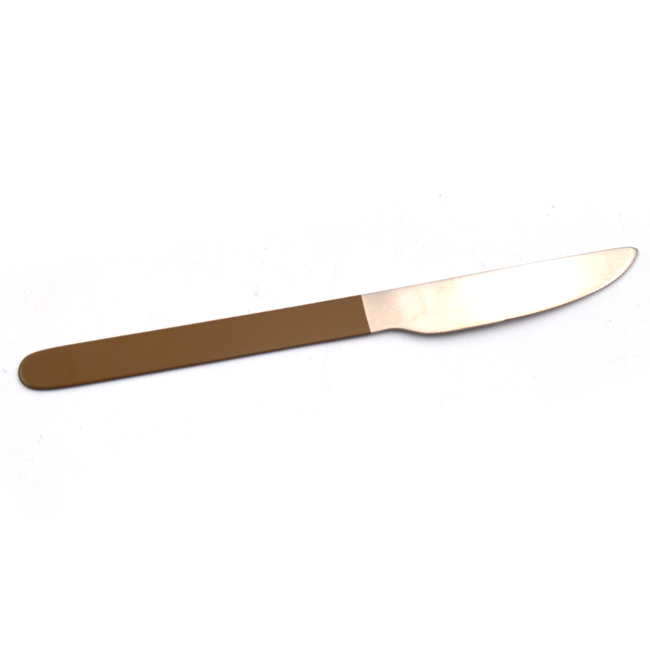
01 May
Can I Recycle Plastic Cutlery?
Can I Recycle Plastic Cutlery?As we cont...
Can I Recycle Plastic Cutlery?
As we continue to look for ways to reduce our environmental impact, one question that often arises is whether it's possible to recycle plastic cutlery. In this article, we will explore the process of recycling plastic cutlery, how it affects the environment, and provide insights into other essential kitchen tools, such as chef knife with cover, rectangle knives, shun nagare, and Homefelt products. Learn how to take care of your kitchen items while helping the environment.
1. What is Plastic Cutlery Made From?
Plastic cutlery is commonly made from materials like polypropylene, polystyrene, or other types of plastic. These materials are lightweight, durable, and often designed for single-use purposes, such as picnics, takeout meals, or parties. However, while plastic cutlery offers convenience, it presents significant challenges when it comes to disposal and recycling.
2. Can Plastic Cutlery Be Recycled?
The recycling of plastic cutlery is a controversial and complicated topic. In general, most plastic cutlery cannot be recycled through standard curbside recycling programs due to its composition and the small size of the items. Many recycling centers are unable to process them due to contamination (food residue) and the type of plastic used.
Some recycling centers may accept plastic cutlery if it is made from certain types of plastic, like polypropylene, but these are often not the norm. It’s crucial to check with your local recycling facility to determine if they accept plastic cutlery.
3. How to Reduce Plastic Cutlery Waste
To reduce the environmental impact of plastic cutlery, here are a few steps you can take:
Opt for reusable cutlery: Consider purchasing durable chef knife with cover, rectangle knives, and other reusable kitchen tools. These can last much longer and help cut down on disposable plastic waste.
Look for biodegradable options: Some companies now offer eco-friendly cutlery made from plant-based materials, which can be composted after use.
Avoid single-use plastics: Whenever possible, bring your own cutlery to restaurants or takeout spots to avoid using disposable plastic utensils.
4. Caring for Your Kitchen Tools
When considering the disposal of plastic cutlery, it’s important to also care for your kitchen tools to ensure they last longer. High-quality products like shun nagare and Homefelt knives are built to last, and proper care can keep them performing at their best for many years.
To prolong the life of your knives, be sure to:
Hand wash your knives to prevent dulling from harsh dishwasher detergents.
Store them in a knife block or on a magnetic strip to keep the blades sharp and safe.
Regularly sharpen your knives with a sharpening stone or steel.
5. Conclusion: Can I Recycle Plastic Cutlery?
In conclusion, plastic cutlery is difficult to recycle, and most plastic utensils should not be placed in regular recycling bins. To minimize waste, choose reusable options or look for biodegradable alternatives. For durable, long-lasting kitchen tools, invest in quality products like shun nagare and Homefelt knives. By caring for your kitchen tools properly and reducing plastic waste, you can make a significant positive impact on the environment.





